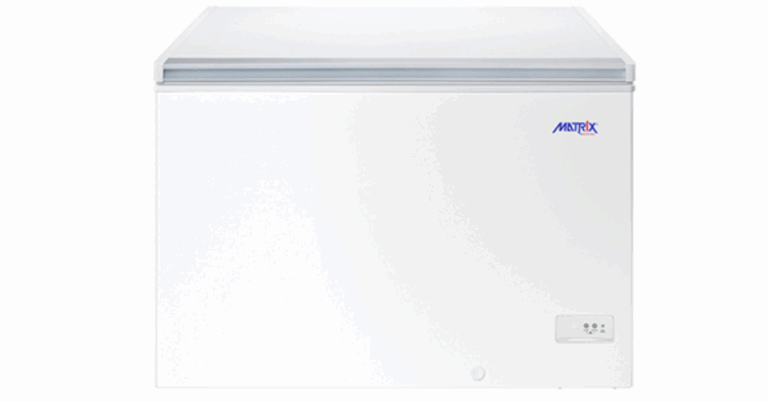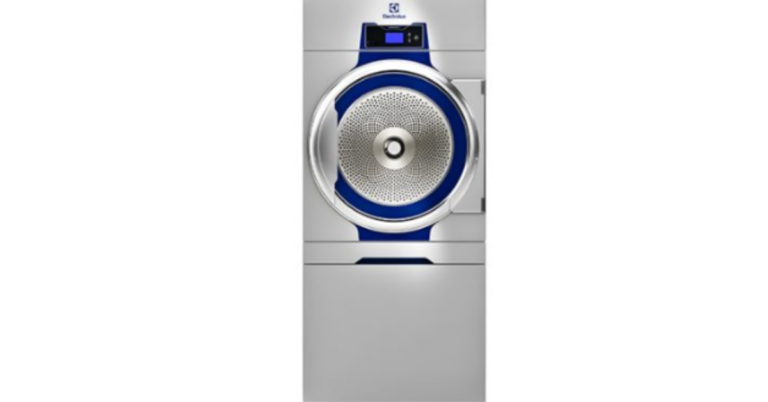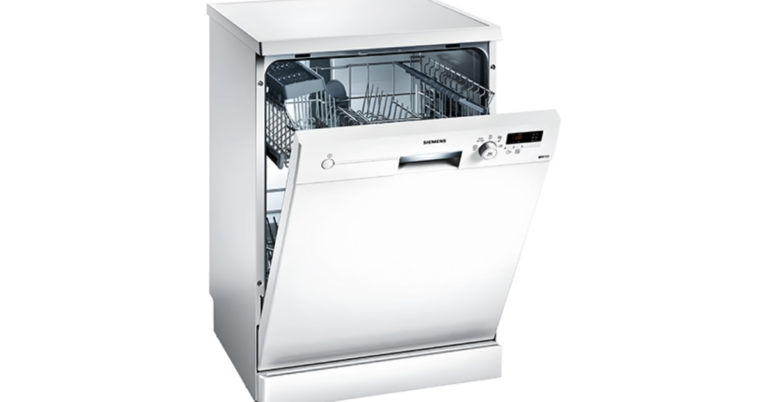Can You Use a 50Hz Fridge on 60Hz? Understanding Compatibility, Safety, and Performance
When operating refrigeration appliances in marine environments like cruise ships, offshore platforms, or international vessels, electrical frequency compatibility is a critical concern. A common question that arises in these settings is: Can you run a 50Hz Fridge On 60Hz power? The short answer is—it depends on the refrigerator’s design. If you’re in the marine industry or manage international operations, understanding the implications of power frequency differences is crucial to maintaining safe, efficient, and long-lasting refrigeration systems.
This article dives deep into the 50Hz vs. 60Hz frequency issue, how it affects refrigeration equipment, and what to consider when buying or operating 50Hz fridges on 60Hz power supplies—especially on vessels sailing across global waters.
Understanding Electrical Frequency: 50Hz vs. 60Hz
Hertz (Hz) refers to the frequency at which alternating current (AC) electricity cycles per second. The standard frequency varies by region:
-
50Hz is common in Europe, Asia, Africa, and many international marine vessels.
-
60Hz is standard in North America and parts of South America.
In a world where ships often travel between these regions—or are built in one country and operated in another—equipment must be versatile. That’s especially true for refrigeration units that must operate continuously without fail.
What Happens When You Run a 50Hz Fridge on 60Hz Power?
If you plug a 50Hz-rated refrigerator into a 60Hz supply, several outcomes are possible depending on the motor and control system design:
1. Motor Speed Increases
Refrigerators often use AC induction motors. These motors operate based on the input frequency, so when powered by 60Hz instead of 50Hz, the motor speed increases by about 20%. This can:
-
Accelerate compressor cycles.
-
Lead to increased noise or vibration.
-
Potentially reduce the compressor’s lifespan if not rated for dual frequency.
2. Cooling Efficiency May Be Affected
In some cases, a faster compressor cycle can cause the fridge to cool more quickly. While this might sound beneficial, it can also lead to:
-
Overcooling or thermostat issues, depending on the internal controls.
-
Uneven temperature regulation, especially if the fridge is not designed to compensate for the change in motor speed.
3. Power Consumption and Heat
A 50Hz motor running on 60Hz might draw more current than intended, depending on load conditions. This can:
-
Increase power consumption.
-
Create additional heat, potentially damaging internal components.
4. Warranty and Safety Risks
Running any appliance outside its rated frequency may void manufacturer warranties, and in some cases, it can pose safety risks. That’s why verifying compatibility is critical.
Dual Frequency Refrigerators: The Best of Both Worlds
Many modern marine refrigeration units are engineered to operate on both 50Hz and 60Hz supplies—especially those used in international shipping and cruise operations. These units typically use:
-
Variable frequency drive (VFD) compressors
-
Universal motors that auto-adjust to frequency
-
Smart control boards that regulate performance under either frequency
These 50/60Hz-compatible refrigerators are ideal for ships traveling globally, where power supply conditions may vary depending on the dock, port region, or ship’s internal power system.
Why Frequency Compatibility Matters in Marine and Offshore Environments
1. Global Routes = Varying Power Grids
Ships often dock at ports in different parts of the world. Some ports provide 60Hz shore power, while others supply 50Hz. Equipment that cannot handle both frequencies can face operational issues—or worse, be rendered unusable during docking.
2. Uninterrupted Cold Chain
Marine refrigerators are mission-critical, especially on cruise ships, offshore vessels, or yachts where fresh food and medical supplies are stored. Downtime or malfunction due to frequency mismatch could compromise:
-
Food safety and storage
-
Medical supply stability
-
Crew and passenger well-being
3. Avoiding Converters or Transformers
While frequency converters exist, they are often bulky, expensive, and not energy-efficient. It’s better to use a 50/60Hz-rated fridge that works universally, reducing reliance on external electrical accessories.
How to Know If Your 50Hz Fridge Can Run on 60Hz
When purchasing or inspecting a refrigerator for international or marine use, here’s what to check:
-
Nameplate Rating: Look for a label that states “220V 50/60Hz”. This means the unit is built to handle both frequencies safely.
-
Manufacturer Specifications: Some models are technically compatible but may require de-rating (reduced power operation) at higher frequencies.
-
Compressor Motor Type: Scroll or inverter compressors often tolerate frequency variation better than traditional piston compressors.
-
Control Board Flexibility: Smart or programmable control systems are usually designed for international use and can adapt to varying power sources.
If your fridge is rated only for 50Hz, using it on 60Hz without proper support or modification is not recommended.
What to Look for in a Marine-Grade 50/60Hz Refrigerator
When purchasing refrigeration equipment for ships, yachts, or offshore platforms, ensure the following features:
1. Dual Frequency Support (50/60Hz)
This eliminates power compatibility issues as the vessel moves between regions.
2. 220V Voltage Range
Most marine electrical systems use 220V. Ensure your fridge matches this standard to avoid the need for voltage conversion.
3. Corrosion Resistance
Marine environments are humid and salty. Stainless steel finishes, marine-grade insulation, and anti-corrosion coatings extend lifespan.
4. Compact and Secure Design
Space is often limited onboard. Choose units designed for tight spaces with anti-vibration mounts and secure door seals.
5. Energy Efficiency
Energy-efficient fridges reduce strain on ship power systems and help lower fuel usage in generator-powered setups.
Common Applications for 50/60Hz Refrigerators in Marine Settings
-
Cruise ships: For storing food, beverages, and medical supplies
-
Fishing vessels: To preserve catches during long-haul operations
-
Yachts and private boats: For luxury kitchenettes and bars
-
Oil rigs and offshore platforms: Essential for staff welfare and safety
-
Naval and cargo ships: Supporting extended sea journeys
These environments demand reliability, compatibility, and performance from every appliance on board.
Benefits of Choosing the Right Fridge for Frequency Flexibility
-
No interruptions due to incompatible shore power
-
Improved appliance lifespan due to reduced strain
-
Lower operating costs from reduced need for converters
-
Safe and reliable operation in critical situations
-
Future-proof investment for vessels traveling internationally
Choosing a 50/60Hz-compatible refrigerator means choosing peace of mind. It ensures that your cold chain remains unbroken, your crew remains safe, and your equipment runs efficiently—regardless of where your vessel docks.
Final Thoughts: Invest in the Right Frequency-Compatible Fridge
In the maritime world, equipment versatility isn’t a luxury—it’s a necessity. The frequency of your power supply plays a significant role in the safe and effective operation of refrigerators. While it may be technically possible to run a 50Hz fridge on 60Hz, doing so without proper compatibility could reduce efficiency, lead to mechanical failures, or void warranties.
For those operating in international waters or docking at ports with varying electrical standards, the smart choice is to invest in refrigerators rated for both 50Hz and 60Hz. These appliances are built to meet the demands of global operations, marine conditions, and high-performance requirements.
Whether you’re outfitting a cruise ship, commercial vessel, or offshore facility, make sure your refrigeration equipment can keep up with your journey—wherever it may lead.




